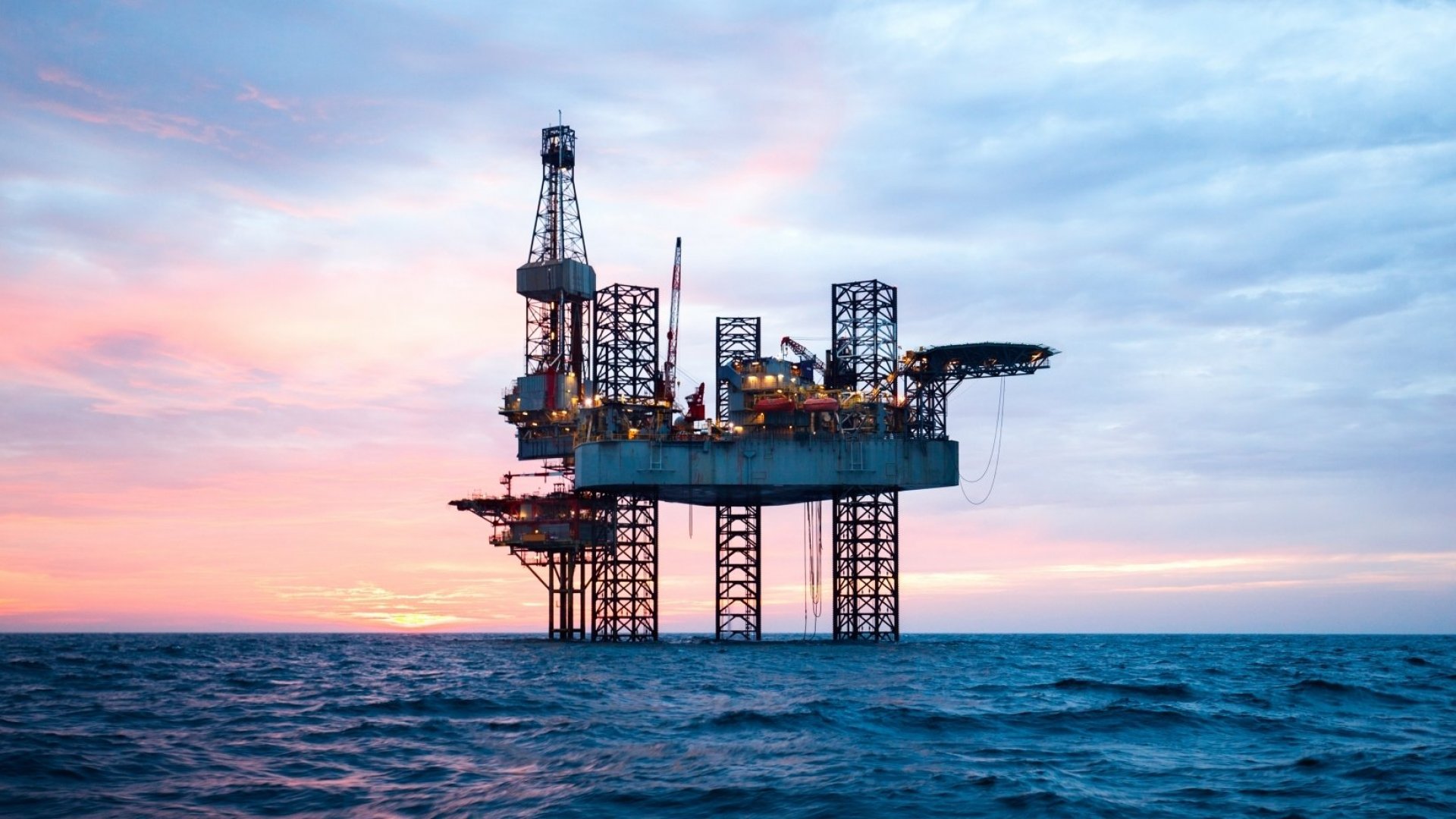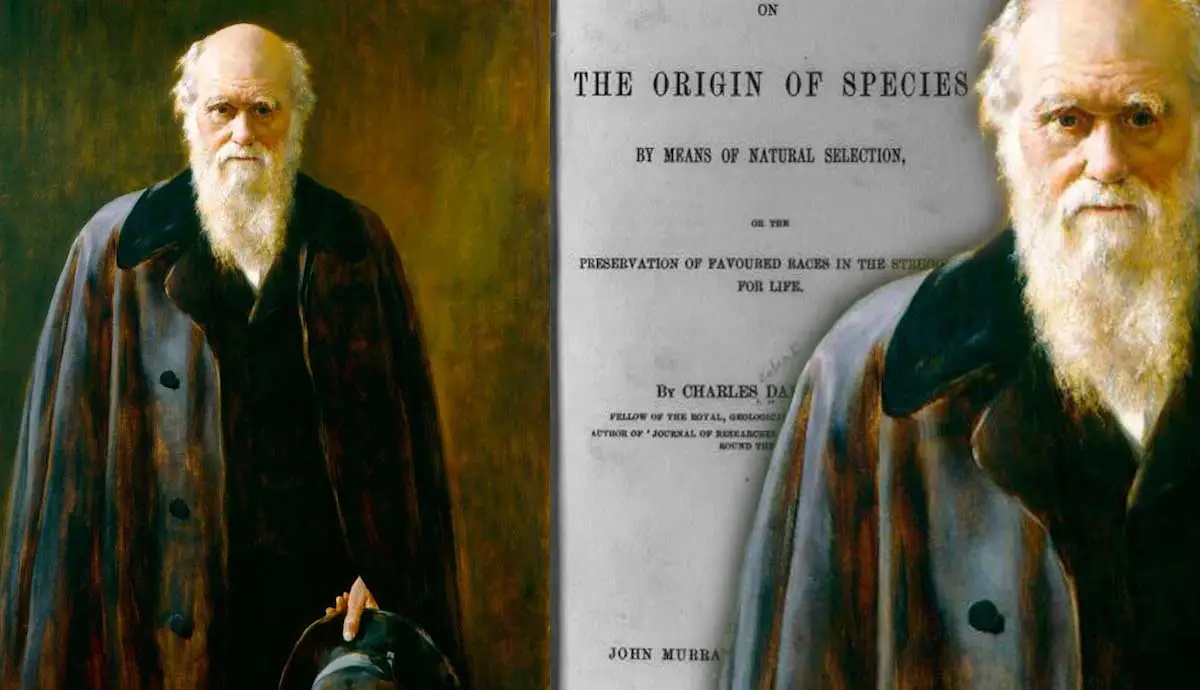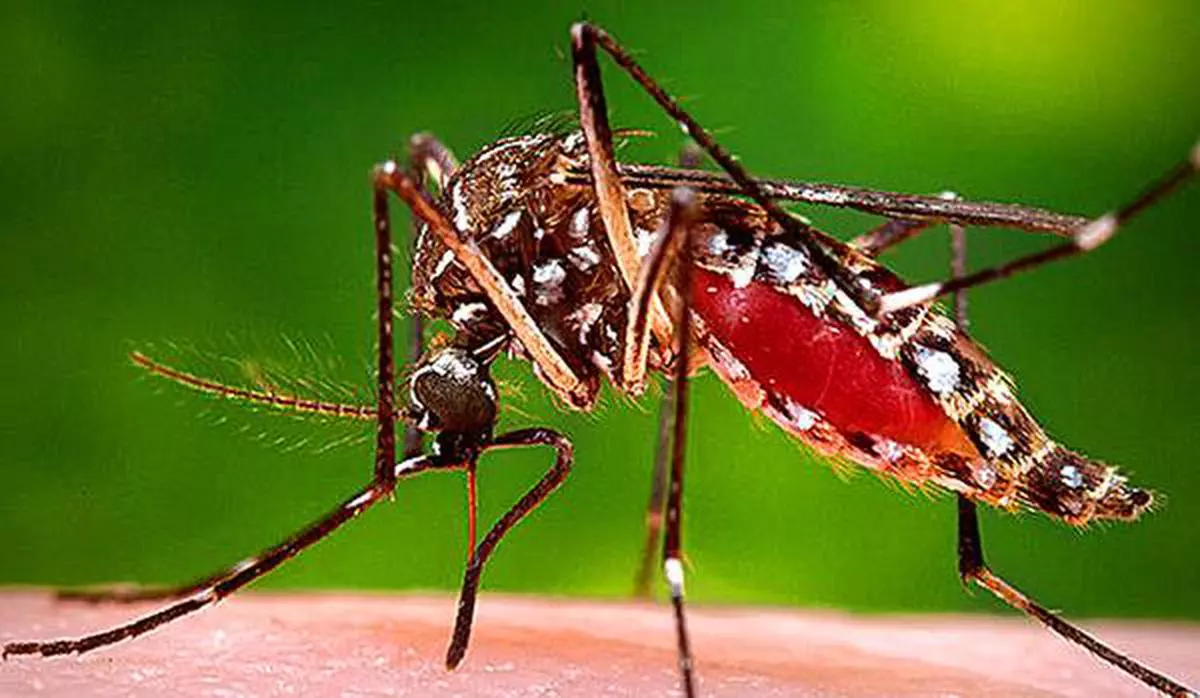The oil and gas industry has perpetuated falsehoods about global warming for years, and it's time they were held accountable.
Undoubtedly, scientific evidence unequivocally shows that the Earth is undergoing rapid warming, necessitating a reduction in global greenhouse gas emissions.
Despite the urgency of the situation, effective measures have been slow to materialize. The 2022 Intergovernmental Panel on Climate Change (IPCC) report hinted at one reason for this inertia: the dissemination of misinformation casting doubt on climate science.
In May 2024, the United States House Committee on Oversight and Accountability concluded a comprehensive three-year investigation into how American oil companies evaded responsibility for climate change. The resulting report, titled "Denial, Disinformation and DoubleSpeak: Big Oil’s Evolving Efforts to Avoid Accountability for Climate Change," unveiled the extensive deception campaign of Big Oil. Shockingly, internal documents revealed that these companies have known since the 1960s about the link between fossil fuel combustion and climate change but chose to obfuscate this fact and discredit scientific evidence.
The committee's findings paint a damning picture of Big Oil's tactics, which evolved from outright denial of climate science to sophisticated disinformation campaigns. They deliberately propagated misleading narratives, opposed climate action through lobbying, and strategically funded research institutions while stifling dissenting voices.
As climate science gained momentum, Big Oil shifted its public stance to appear supportive of action while privately undermining it through a complex web of deception.
Although the report primarily focused on the United States, its implications likely extend to Canada. Indeed, the 2022 IPCC report highlighted similar trends of misinformation and scientific undermining in Canada.
Oil and gas in Canada
The Canadian Association of Petroleum Producers (CAPP) serves as the primary lobbying entity for the oil and gas sector in Canada.
Acknowledging the reality of climate change, its website asserts that the industry possesses the necessary expertise in science and technology to mitigate emissions. It emphasizes the global challenge of reducing greenhouse gas (GHG) emissions while satisfying the escalating demand for affordable and dependable energy.
In contrast, the World Petroleum Congress, a significant advocate for the global oil and gas industry, convened its 24th gathering in Calgary in 2023, centering on the theme of Energy Transition: The Path to Net Zero.
Differing perspectives on the industry are evident in a 2021 report by Environmental Defence Canada and Oil Change International, which scrutinized the climate strategies of Canadian oil and gas producers.
The report concluded that the climate commitments of eight Canadian oil and gas firms, akin to their U.S. counterparts, are inadequately formulated and occasionally misleading.
It highlights that these companies have issued a spectrum of intricate and deceptive climate pledges, cautioning against accepting them at face value. Despite rhetoric on climate leadership, their ongoing business strategies, the report argues, would exacerbate climate crises and global inequities.
Despite these findings, misinformation persists.
A 2024 study by Re.Climate revealed that while Canadians express profound concerns about climate change, denial remains prevalent. Many Canadians express skepticism about achieving energy and climate goals, even as they recognize climate change as a significant threat demanding collective action.
Furthermore, substantial divergences exist across regions and demographics. Similar to trends in the U.S., Conservative voters exhibit lower levels of concern about climate change and display less enthusiasm for transitioning away from fossil fuels. Nationally, approximately 72% of Canadians express worry about climate change, with variations ranging from 84% in Québec to merely 45% in Alberta.













0 Comments